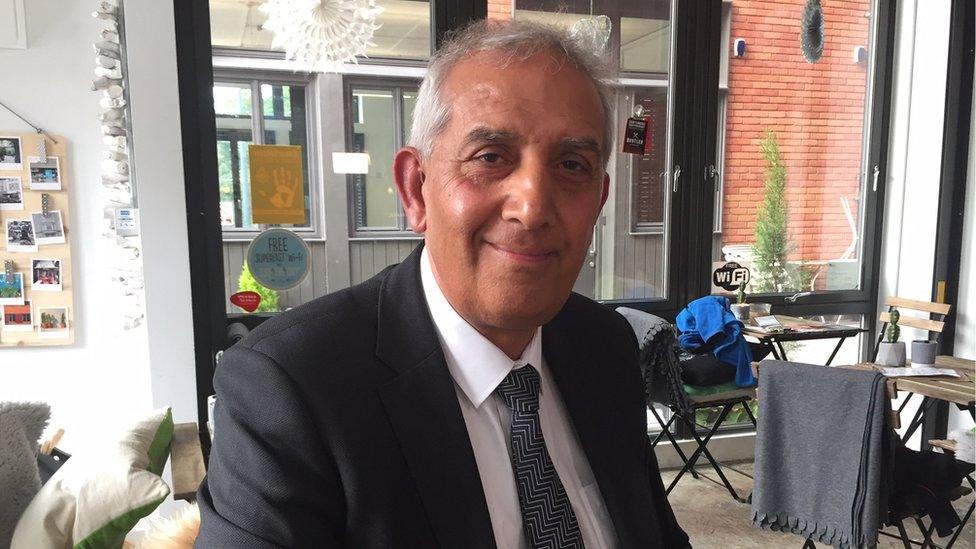Police drugs lead 'impressed' by cannabis clubs
- Published
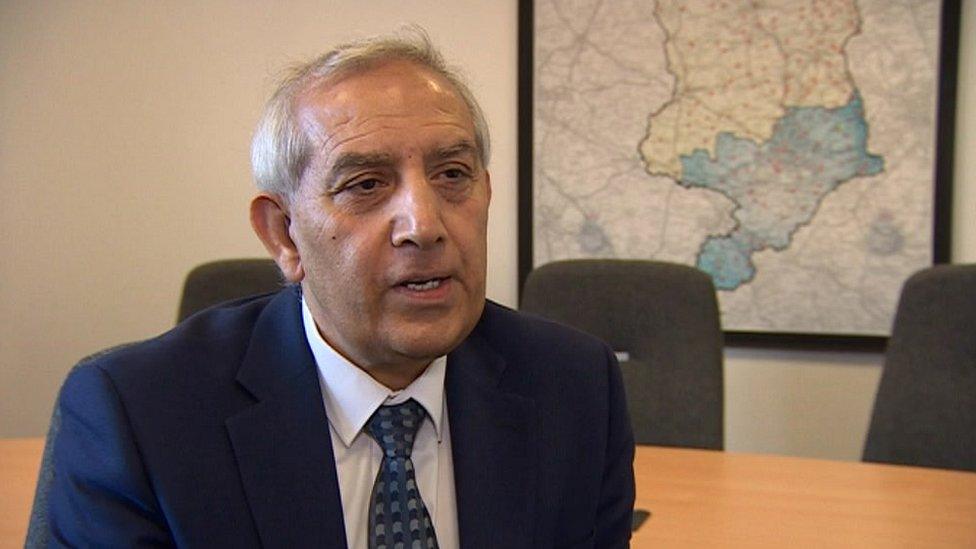
The war on drugs is not working, Derbyshire Police and Crime Commissioner Hardyal Dhindsa has said
A police boss with responsibility for drug abuse has said he is "impressed" by cannabis clubs.
Hardyal Dhindsa, who is the lead on substance abuse for the Association of Police and Crime Commissioners, has said the war on drugs is not working.
He said it was time to look at other ways of tackling drug addiction and use.
A Home Office spokesman said the government has no plans to decriminalise recreational cannabis.
Decriminalisation or legalisation would send the "wrong message", he said, adding: "Scientific and medical evidence is clear that recreational cannabis use can cause harm to individuals and society."
Mr Dhindsa, who is also the police and crime commissioner (PCC) for Derbyshire, had previously met three people involved in cannabis clubs to discuss how they worked.
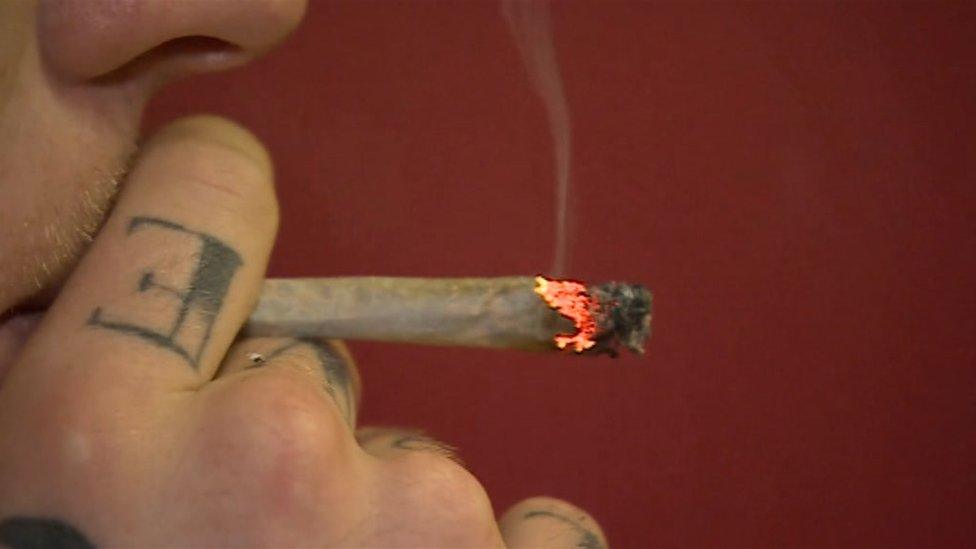
Cannabis possession carries an maximum penalty of five years in jail
Cannabis is currently a Class B drug, external, with jail sentences of up to five years for possession and up to 14 years for supply.
Last month, Canada became the second country after Uruguay to legalise possession and use of recreational cannabis.
There are about 140 cannabis clubs in the UK - but it is thought only about 25 or so are active.
Cannabis club founders argue they are a way for people who already use the drug to find a safer way to access it than from the black market. They grow and share their own cannabis so know exactly what has gone into it, they say.
While insisting he did not support cannabis clubs and did not condone criminal behaviour, Mr Dhindsa said he felt years of enforcement had not stopped drug supply and use.
"As with tobacco, education and regulation is a much better way of making a difference," he said.
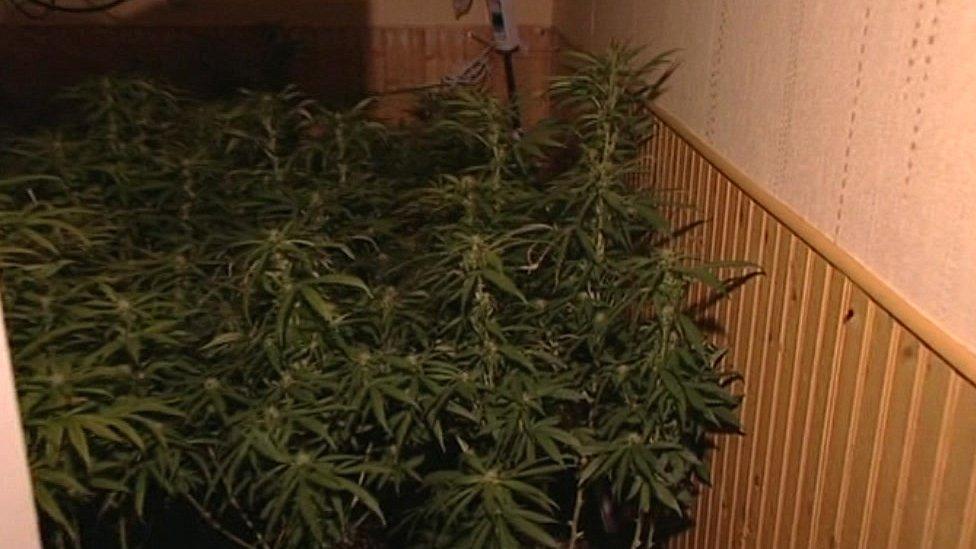
Hardyal Dhindsa said he was "impressed" by the fact cannabis clubs offer support and are self-regulated
Mr Dhindsa praised the clubs' self-regulation.
"What impressed me was that they are offering support, it is regulated, they have got a membership," he said.
"They are not allowing people to make profit out of this and allowing for personal use, which many people do in this country irrespective of what the law is.
"But I think we need to have a grown-up and sensible discussion about why people continue to use drugs and demand has not gone down."
Ian Hamilton, a lecturer in addiction at the University of York, said his concerns about decriminalisation would depend on what type of regulatory model was adopted.
He said: "We have to think what is the minimum age, who should supply it and debate when it should be available and to whom.
"If we could put a cap on the strength of the cannabis, that would help too."
However, he added that no matter what model was adopted, there would be a black market.
"It is not the case of prohibition to legalisation solves everything," he said.

Follow BBC East Midlands on Facebook, external, on Twitter, external, or on Instagram, external. Send your story ideas to eastmidsnews@bbc.co.uk, external.
- Published1 November 2018
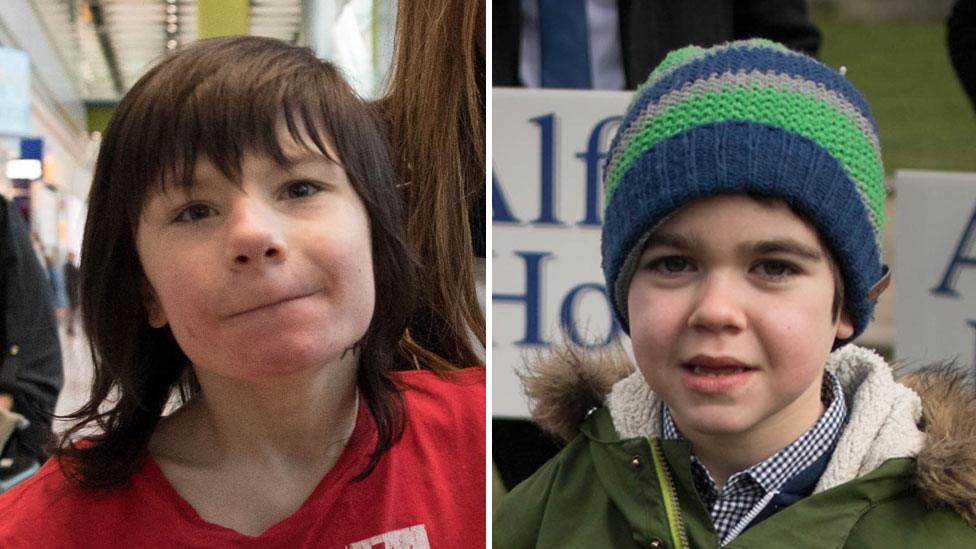
- Published20 October 2018
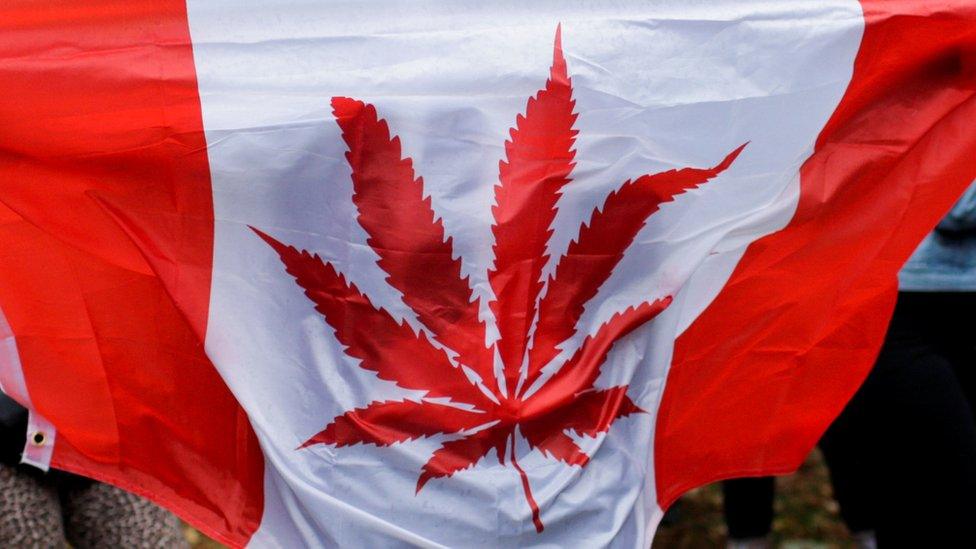
- Published12 September 2018
